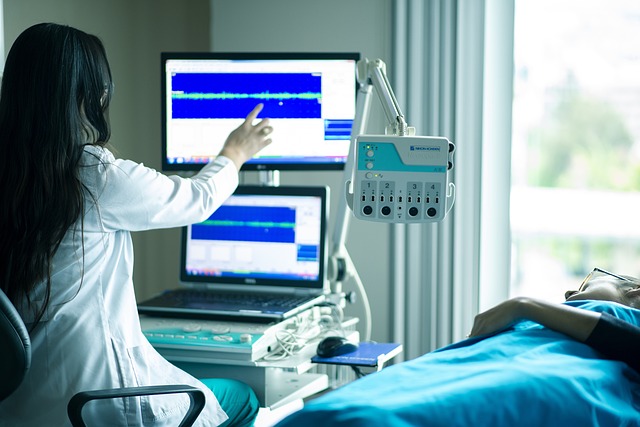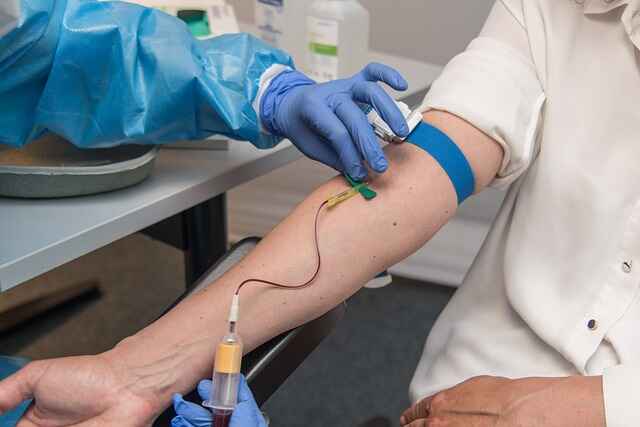What is Diarrhoea?
Diarrhoea is a condition that can be identified by frequent, loose, and watery bowel motions. It is a widespread intestinal issue that can affect people of all ages. Diarrhoea happens when the intestines are unable to adequately absorb water and nutrients from the food you eat, resulting in more water in the stool and a quicker passage through the digestive tract.
Also, Read Say No to Tobacco: Top 10 Reasons to Quit Smoking
Causes
Most cases of self-limited diarrhoea have no known cause. The most common cause of diarrhoea is a virus that damages your intestines (“viral gastroenteritis”). The infection normally lasts a few days and is referred to as “intestinal flu.”
Other potential causes of diarrhoea include:
- Bacterial infection.
- Other organisms’ infections and pre-formed poisons
- Consuming meals that cause gastric distress.
- Food allergies and intolerances (Celiac illness or lactose intolerance).
- Medications.
- Radiation treatment.
- Food malabsorption (low absorption).
- Inflammatory bowel disease is an intestinal disease.
- A difficulty with the function of your stomach and bowels (functional bowel disorder), such as irritable bowel syndrome
- Surgery on the stomach or gallbladder
- Recent antibiotic use
- Metabolic conditions such as thyroid problems
- Other less prevalent causes include radiation damage or tumours that produce an excessive amount of hormones.

Symptoms
The symptoms of diarrhoea may include:
- Frequent loose or watery stools
- Abdominal cramps or pain
- Nausea and vomiting
- Fever
- Dehydration (especially in severe cases)
Risk factors
There are numerous things that might cause diarrhoea, including:
- Frequent loose or watery stools
- Abdominal cramps or pain
- Nausea and vomiting
- Fever
- Dehydration (especially in severe cases)
Diagnosis
Your doctor will examine you physically and inquire about your past health to determine if you have diarrhoea. You might also undergo tests in the lab to examine your urine and blood.
Other exams might involve:
- Stool testing. This examination looks for any unusual bacteria in your digestive system that could be the source of diarrhoea and other issues.
- Sigmoidoscopy. With the use of this test, your doctor can examine the interior of a portion of your large intestine.
- Colonoscopy. A lengthy, flexible, lighted tube is inserted into your rectum and advanced into the colon. Using this tube, your doctor can inspect the lining of your colon and extract a sample of tissue (a biopsy) for further examination.
- Imaging test. These tests can detect structural abnormalities, which are issues with how your organs are built.
- Fasting test. These tests can identify food intolerance, or the inability to digest specific foods. They can also detect food allergies, which are immune system reactions caused by certain foods.
- Blood test. These may check for metabolic issues such as thyroid illness, anaemia (low blood count), signs of low vitamin levels indicating inadequate vitamin absorption, and celiac disease, among others.

Treatment
Your doctor will treat you for the underlying cause if your diarrhoea lasts for a long time (a few weeks). This could involve a variety of therapeutic approaches, such as:
- Antibiotics: To treat an infection or parasite that is causing the diarrhoea, your doctor may recommend an antibiotic or other medication.
- Medication for a specific condition: Diarrhoea can be a sign of several conditions, including irritable bowel syndrome (IBS), inflammatory bowel disease (IBD), such as Crohn’s disease and ulcerative colitis, microscopic colitis, or bacterial overgrowth. If the cause of diarrhoea has been identified, it can frequently be treated.
- Probiotics: Probiotics, ensembles of beneficial bacteria, are occasionally used to treat diarrhoea by re-establishing a healthy biome. In some circumstances, adding probiotics can be beneficial, and some medical professionals believe it’s worth giving it a shot. Before beginning to use a probiotic or any other form of supplement, always see your doctor.
Also, Read Complete Guide on Dementia: Causes, Symptoms, and Care Tips
Diet
- Consuming clear liquids like electrolyte beverages, water, or fruit juice without added sugar
- Replace lost fluids with at least 1 cup of liquid after each loose bowel movement, drinking most of the time between meals rather than during them.
- Consuming foods and beverages high in potassium, such as bananas, potatoes without the skin, and diluted fruit juices
- Eating foods and beverages high in sodium, such as broths, soups, sports drinks, and salted crackers
- Consuming foods rich in soluble fibre, such as rice, bananas, and oatmeal, as these aid to thicken the stool.
- Restricting meals like creamy, fried, rich dairy, and sugary foods that could aggravate diarrhoea
Prevention
You can avoid getting diarrhoea brought on by bacteria or a virus by practising good personal hygiene. It is crucial to:
- frequently wash your hands
- Use sanitisers that contain alcohol.
- Consume foods that have been properly washed and prepared.
- Avoid consuming any foods or beverages that may have been contaminated with bacteria or viruses.




